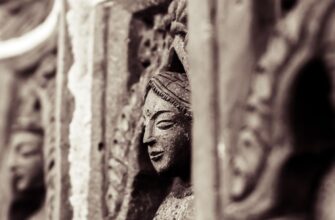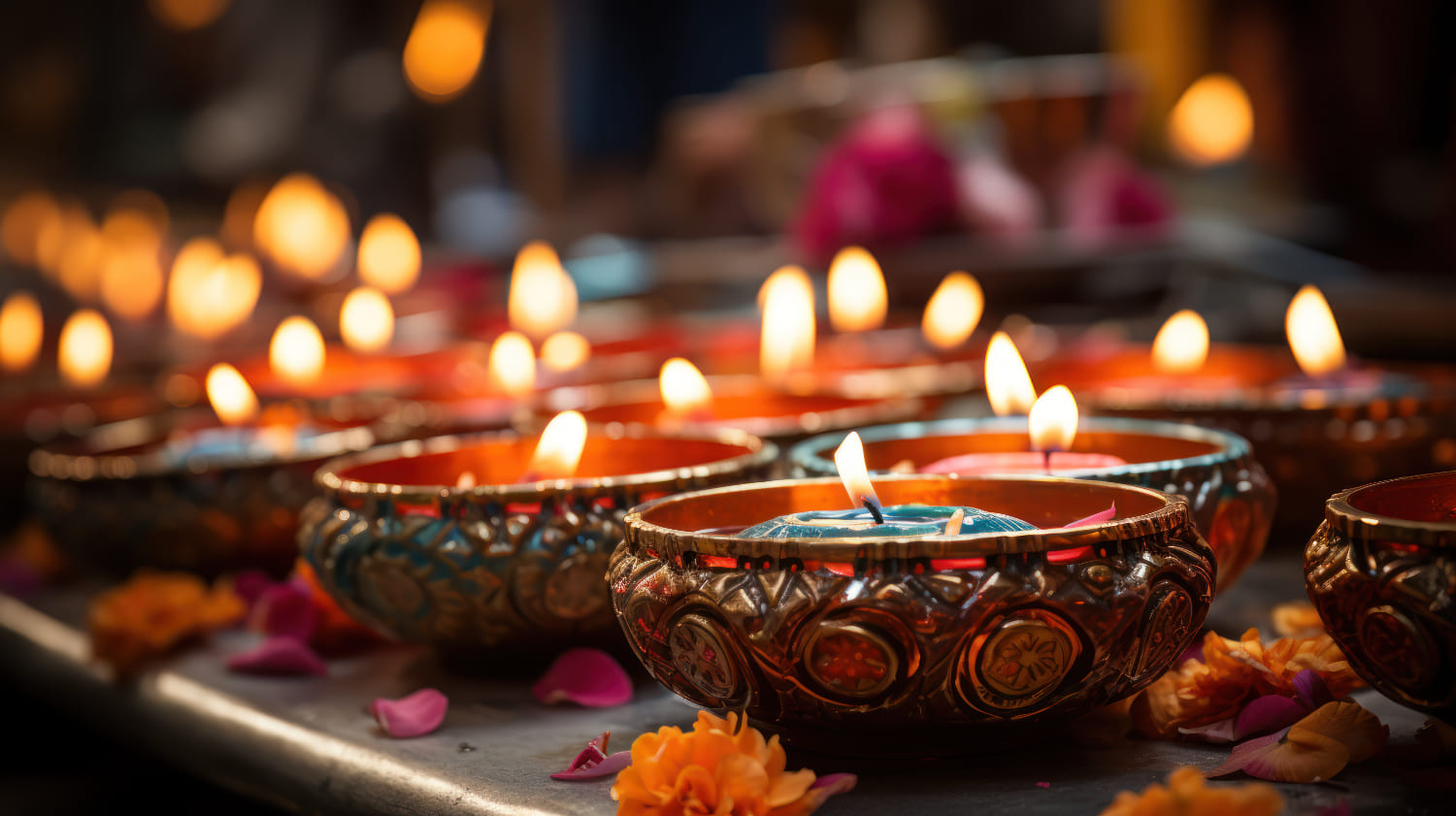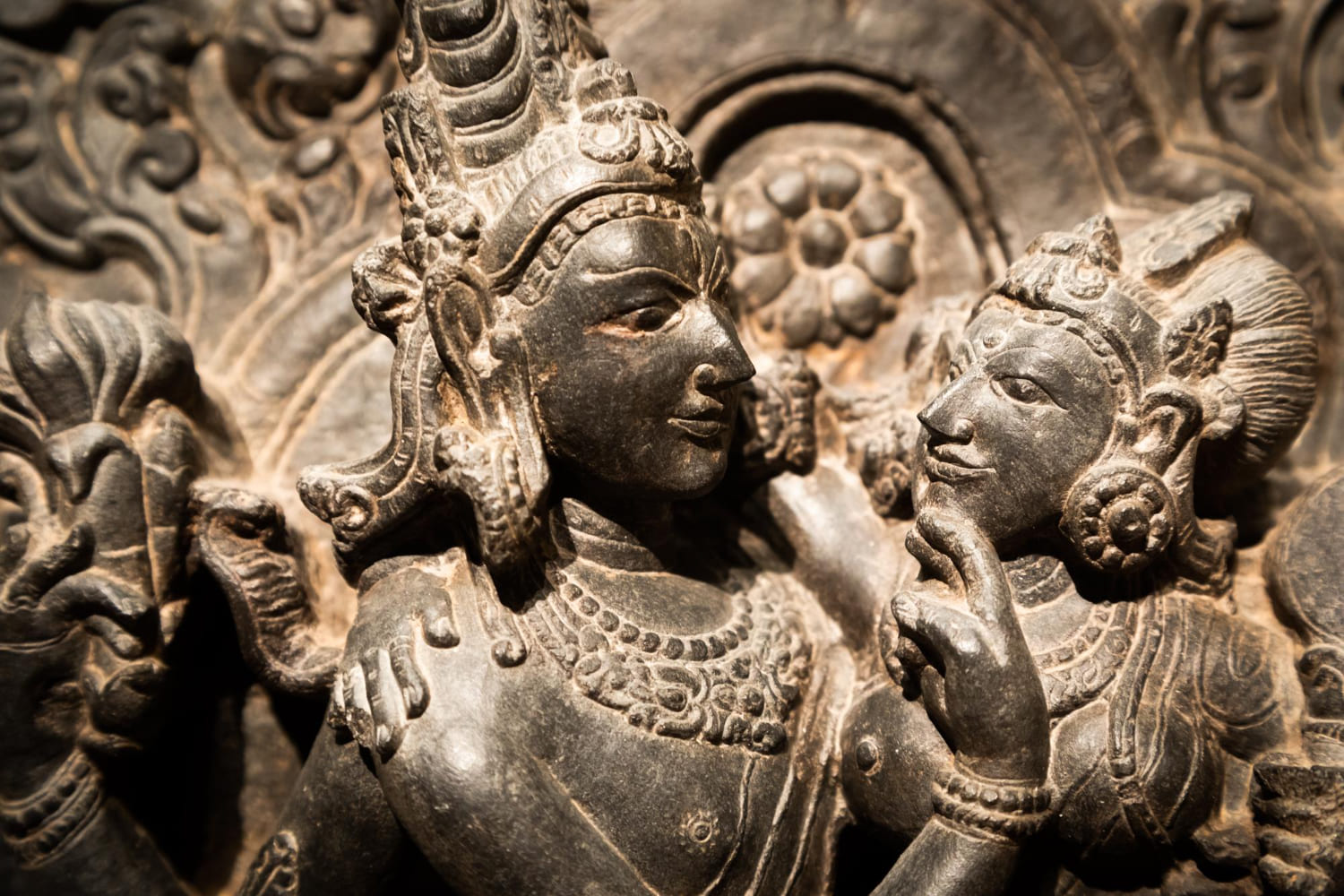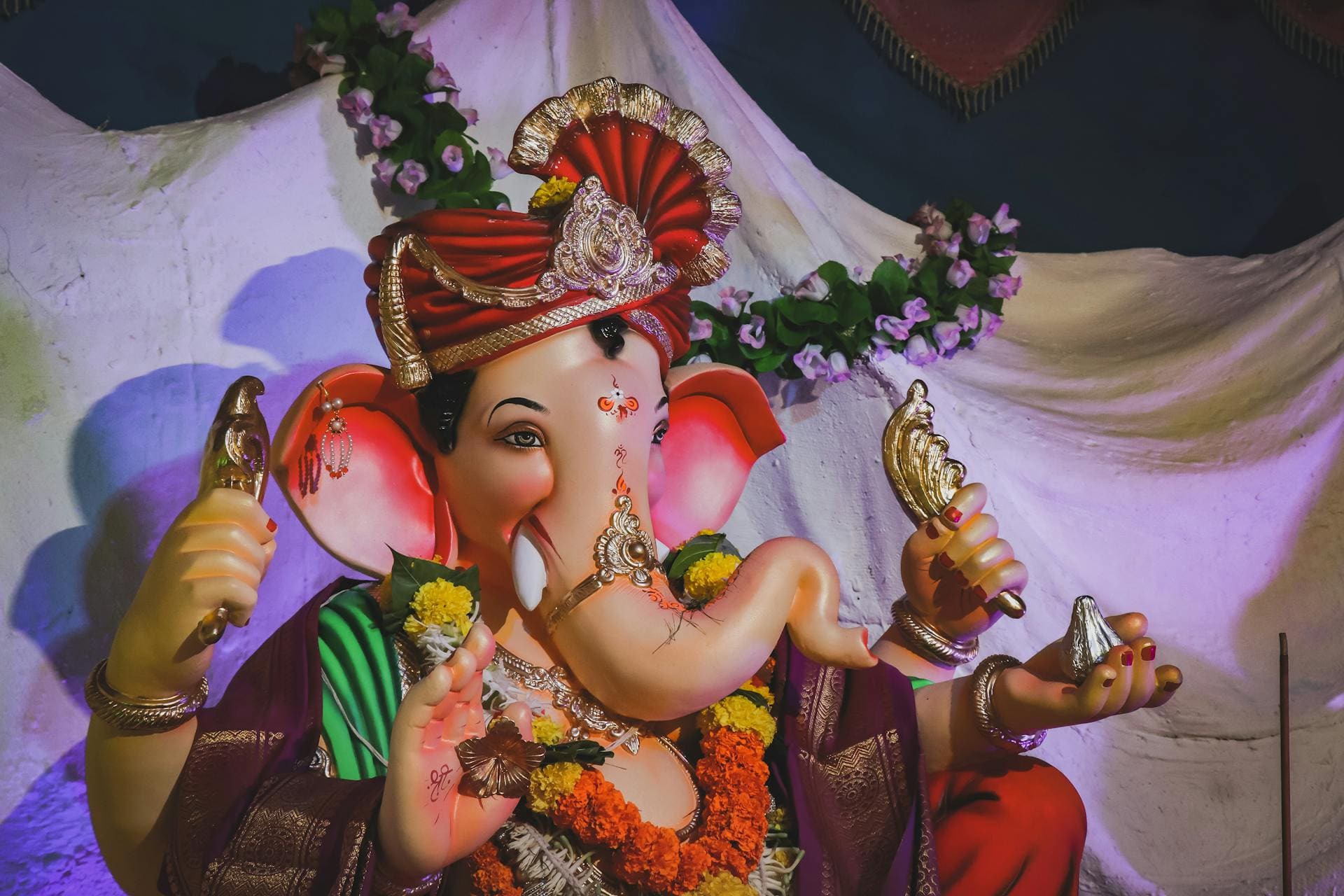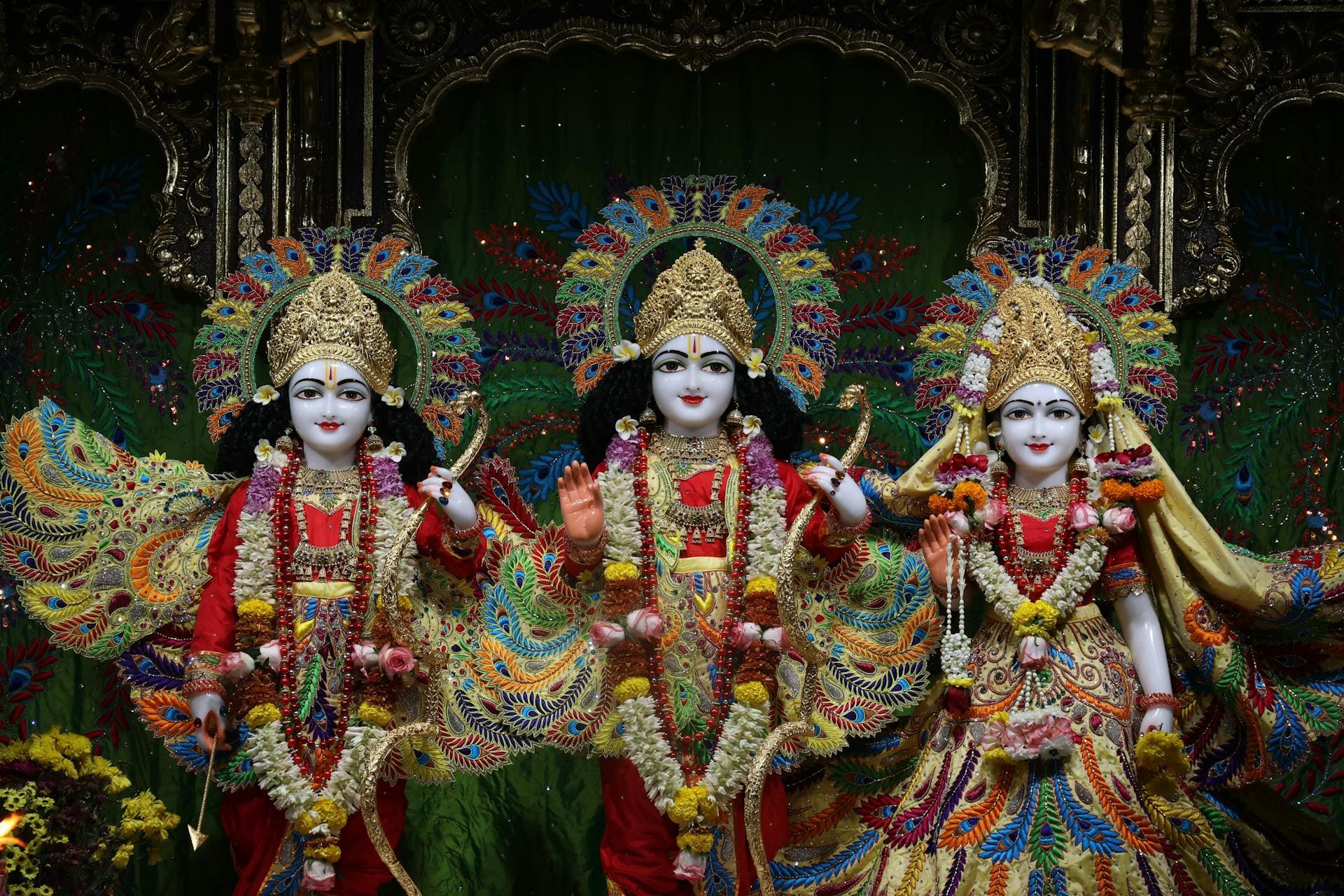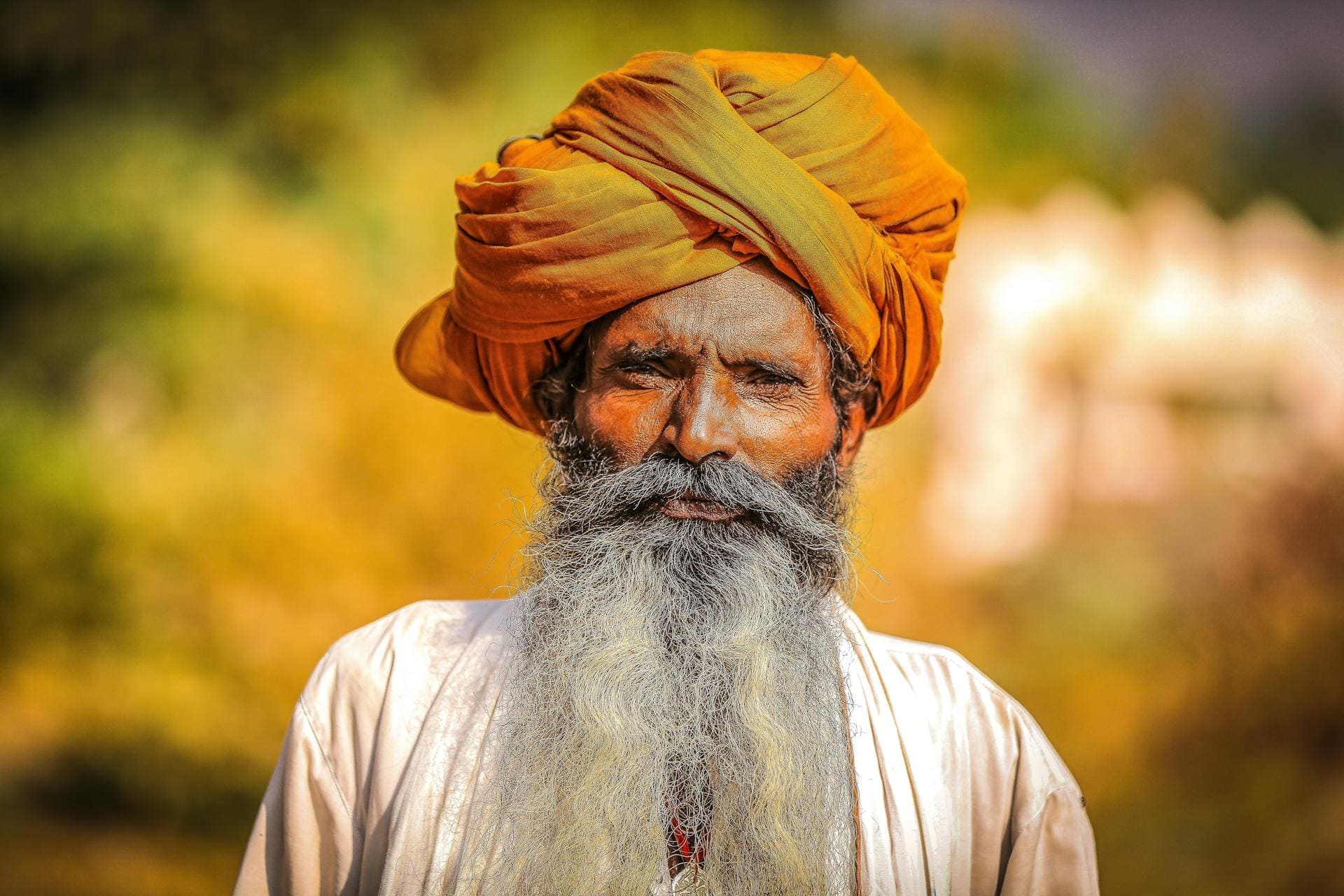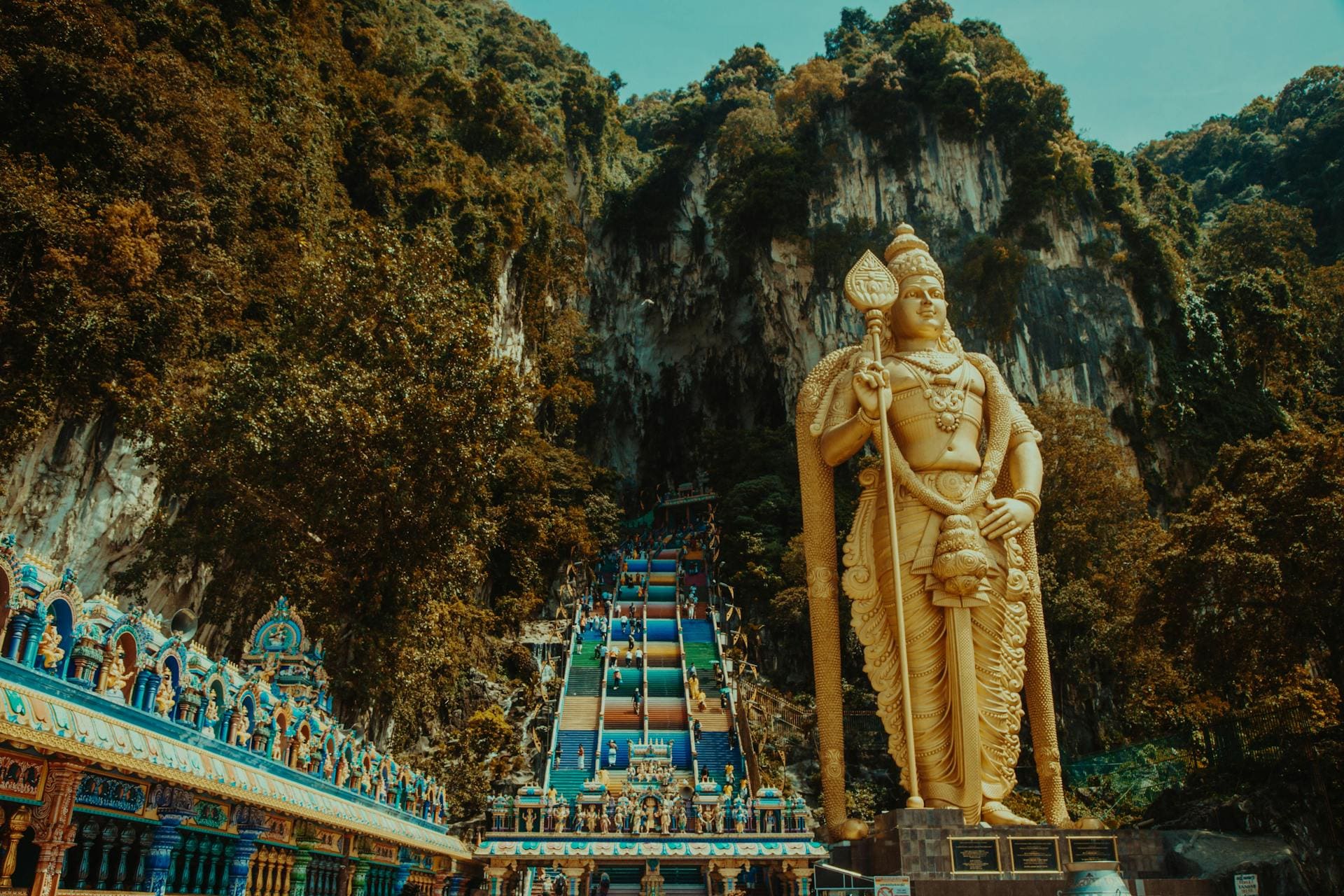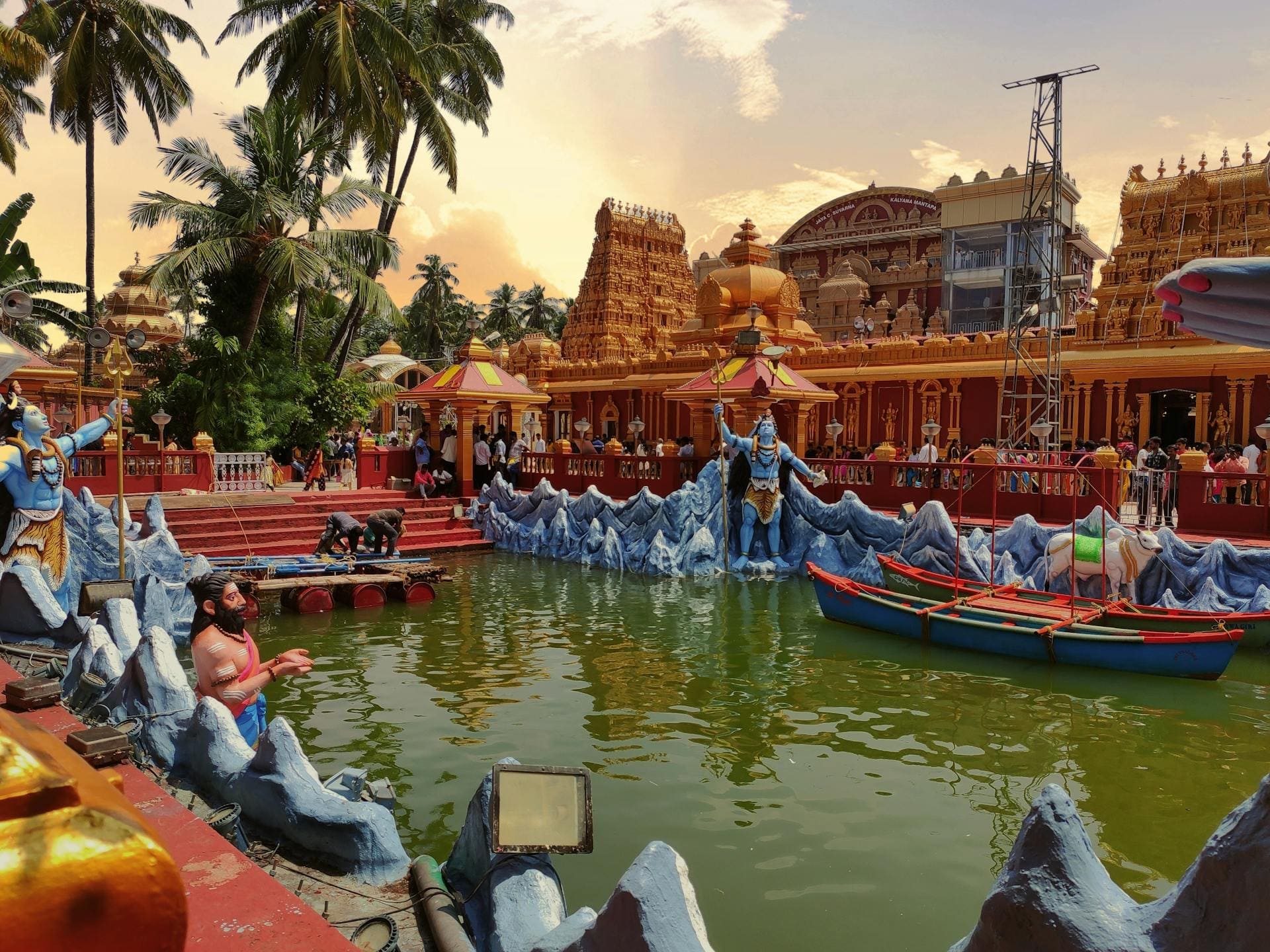In different religions and cultures, certain animals can have a lot of significance, and some are even considered sacred.
You might have heard a little about the subject and be wondering, do Hindus worship cows?
Yes, In Hinduism, the cow is considered to represent Mother Earth and the divine, which has meant that the animal has a sacred status within the religion.
Read ahead to find out more about how and why these creatures have become so venerated by Hindus, and how they are treated by those who follow the religion.
Why Are Cows Important In The Hindu Religion?
The reason why cows are so important to Hindus is to do with what they represent.
The humble cow is a source of goodness, as its milk is able to nourish all creatures. They are seen as representative of the divine, Mother Earth, and natural beneficence so Hindus believe that they should be venerated and protected.
Cows are also highly connected with various Hindu deities and have close associations with Shiva, Indra, and Krishna in particular.
Shiva has a bull for a steed, named Nandi, which acts as the god’s vehicle and is the guardian deity of Shiva’s mountain home, Kailash. Indra, the king of the gods, has a close association with the wish-granting cow Kamdhenu, and Krishna was a cowherd in his youth.
All goddesses in the Hindu religion are also generally associated with cows due to the maternal qualities that are attributed to the animal.
What Is The History Of Cows In Hinduism?
The history of this relationship between the cow and the Hindu religion began in the Vedic Age, between 1500 BC and 600 BC.
Religious texts at the time often equated the killing of a cow to the killing of a human being, and hymn 8.3.25 of the Atharvaveda (Hindu scripture written around 1200-1500 BC) condemns the killing of cattle, horses, and humans.
In ancient India, it is believed that cows were actually sacrificed and their meat was eaten, but this practice became prohibited as the sacred status of the animal developed over time.
By around 1000 CE, vegetarianism was widely accepted as a common practice in the Hindu religion, and, in particular, a taboo against the consumption of beef.
Do Hindus Eat Cow Products?
Although it is forbidden to eat the meat of a cow, the products that can be derived from it are highly valued.
In fact, the “five products of the cow” (milk, curd, ghi, urine, and dung) are even used in a purification ritual known as the panchagavya.
The ingredients are mixed together in a perfect ratio and then allowed to ferment. It is sometimes referred to as “Cowpathy”, and has many purported benefits, including building a healthy population, providing alternative sources of energy, completing nutritional requirements, eradicating poverty, supporting a pollution-free environment, and assisting in organic farming.
How Are Cows Treated In India?
As Hinduism is the majority religion in the country, India as a nation has a particular relationship with cattle, and the animal is viewed and treated with a lot of respect.
They are worshipped and decorated during holy festivals, religious figures walk with them, and there are many statues across the country depicting these beautiful creatures.
They are allowed to wander through the streets without being disturbed, and harming a cow is considered a great offence by the majority of the population.
In most Indian states, the slaughter of cattle is highly regulated, if not entirely prohibited. There are even states where it is illegal to sell living cows as well as their meat.
There are, however, some states where cattle farming and slaughter are legal, and some that place no restrictions on the practice at all.
Summary
So, do Hindus worship cows? In the Hindu religion, cows hold sacred status. They have long been venerated and considered to represent the divine, motherhood, and benevolence.
In Hinduism, these beliefs are based on the animal’s reputation as being a natural provider that avoids causing harm to other creatures, and many Hindu deities have strong associations with cows as a result.
Hindus do not eat beef, but they do highly value the products that can be derived from cows. In many parts of India, it is illegal to kill cattle, and they are treated with great respect.
